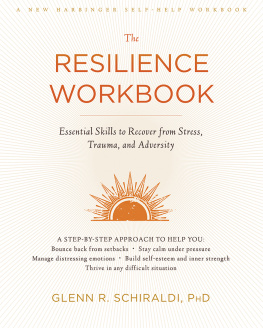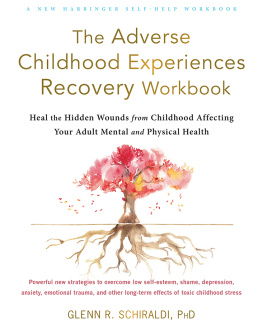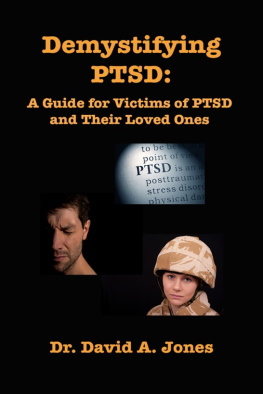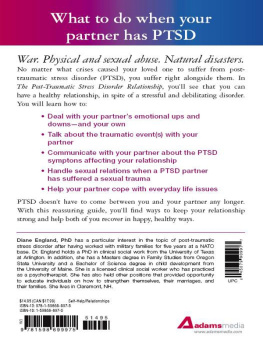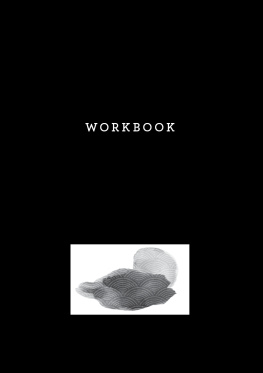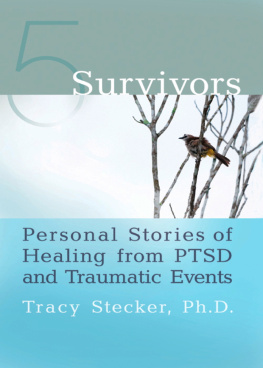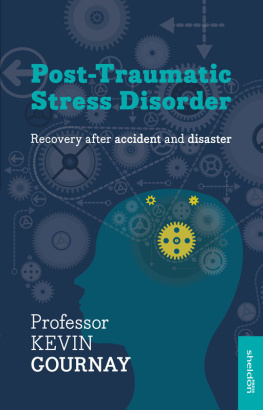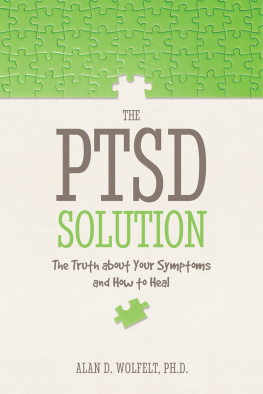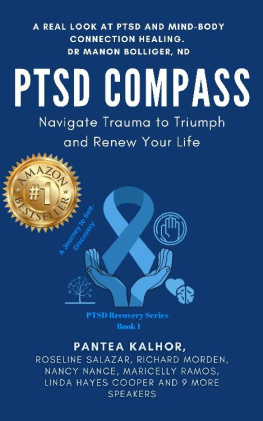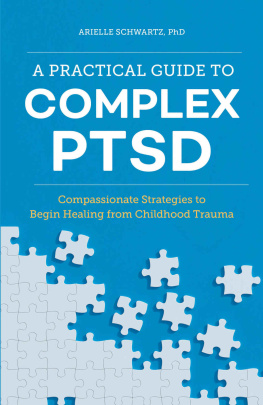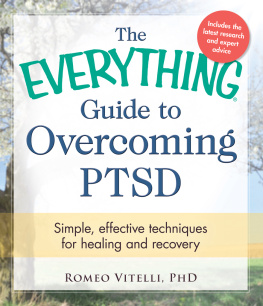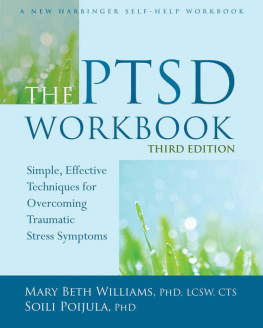ALSO BY GLENN R. SCHIRALDI
The Complete Guide to Resilience: Why It Matters, How to Build and Maintain It
The Resilient Warrior Before, During, and After War
World War II Survivors: Lessons in Resilience
The Self-Esteem Workbook
The Anger Management Sourcebook
Conquer Anxiety, Worry and Nervous Fatigue: A Guide to Greater Peace
Ten Simple Solutions for Building Self-Esteem
Copyright 2016 by Glenn Schiraldi. All rights reserved. Except as permitted under the United States Copyright Act of 1976, no part of this publication may be reproduced or distributed in any form or by any means, or stored in a data base or retrieval system, without the prior written permission of the publisher.
ISBN: 978-0-07-184056-9
MHID: 0-07-184056-7
The material in this eBook also appears in the print version of this title: ISBN: 978-0-07-184059-0, MHID: 0-07-184059-1.
eBook conversion by codeMantra
Version 1.0
All trademarks are trademarks of their respective owners. Rather than put a trademark symbol after every occurrence of a trademarked name, we use names in an editorial fashion only, and to the benefit of the trademark owner, with no intention of infringement of the trademark. Where such designations appear in this book, they have been printed with initial caps.
McGraw-Hill Education eBooks are available at special quantity discounts to use as premiums and sales promotions or for use in corporate training programs. To contact a representative, please visit the Contact Us page at www.mhprofessional.com.
The information contained in this book is intended to provide helpful and informative material on the subject addressed. It is not intended to serve as a replacement for professional medical or psychological advice. Any use of the information in this book is at the readers discretion. The author and publisher specifically disclaim any and all liability arising directly or indirectly from the use or application of any information contained in this book. A healthcare professional should be consulted regarding your specific situation.
TERMS OF USE
This is a copyrighted work and McGraw-Hill Education and its licensors reserve all rights in and to the work. Use of this work is subject to these terms. Except as permitted under the Copyright Act of 1976 and the right to store and retrieve one copy of the work, you may not decompile, disassemble, reverse engineer, reproduce, modify, create derivative works based upon, transmit, distribute, disseminate, sell, publish or sublicense the work or any part of it without McGraw-Hill Educations prior consent. You may use the work for your own noncommercial and personal use; any other use of the work is strictly prohibited. Your right to use the work may be terminated if you fail to comply with these terms.
THE WORK IS PROVIDED AS IS. McGRAW-HILL EDUCATION AND ITS LICENSORS MAKE NO GUARANTEES OR WARRANTIES AS TO THE ACCURACY, ADEQUACY OR COMPLETENESS OF OR RESULTS TO BE OBTAINED FROM USING THE WORK, INCLUDING ANY INFORMATION THAT CAN BE ACCESSED THROUGH THE WORK VIA HYPERLINK OR OTHERWISE, AND EXPRESSLY DISCLAIM ANY WARRANTY, EXPRESS OR IMPLIED, INCLUDING BUT NOT LIMITED TO IMPLIED WARRANTIES OF MERCHANTABILITY OR FITNESS FOR A PARTICULAR PURPOSE. McGraw-Hill Education and its licensors do not warrant or guarantee that the functions contained in the work will meet your requirements or that its operation will be uninterrupted or error free. Neither McGraw-Hill Education nor its licensors shall be liable to you or anyone else for any inaccuracy, error or omission, regardless of cause, in the work or for any damages resulting therefrom. McGraw-Hill Education has no responsibility for the content of any information accessed through the work. Under no circumstances shall McGraw-Hill Education and/or its licensors be liable for any indirect, incidental, special, punitive, consequential or similar damages that result from the use of or inability to use the work, even if any of them has been advised of the possibility of such damages. This limitation of liability shall apply to any claim or cause whatsoever whether such claim or cause arises in contract, tort or otherwise.
Contents

Acknowledgments

In recent years, so much has been learned about post-traumatic stress disorder (PTSD). No one compiles a synthesis such as this one without relying on the cumulative efforts of many brilliant theorists, researchers, and clinicians who have advanced our understanding of PTSD and its treatment. I am grateful to dissociation pioneers Drs. Pierre Janet, Richard P. Kluft, Frank W. Putnam, and Richard J. Loewenstein. I am thankful to Drs. Bessel van der Kolk for his insights regarding the brain and trauma; George S. Everly, Jr., Charles R. Figley, Edna B. Foa, Judith L. Herman, Mardi Horowitz, Peter Levine, Donald Meichenbaum, Pat Ogden, James W. Pennebaker, Beverly Raphael, Francine Shapiro, John P. Wilson, and many others who have so diligently labored to further our knowledge.
I am most grateful for those who gave so generously of their time to review this book and suggest helpful improvements. These include Drs. Bethany Brand, George S. Everly, Jr., Charles R. Figley, David Keller, Donald Meichenbaum, Elaine Miller-Karas, Raymond M. Scurfield, Francine Shapiro, Mary Beth Williams, John P. Wilson; and Robert L. Bunnell, John W. Downs, Esther Giller, and Mary Beth Quist.
Finally, I am exceedingly grateful to the survivors of traumain all walks of lifewho have battled to overcome their symptoms, and by their courage inspired us all.
Portions of this book have been adapted from some of my other works: Conquer Anxiety, Worry and Nervous Fatigue; The Anger Management Sourcebook: The Self-Esteem Workbook; The Complete Guide to Resilience; Facts to Relax By; Hope and Help for Depression; and Stress Management Strategies.
Preface to This Revised and Expanded Edition

The Post-Traumatic Stress Disorder Sourcebook was first published just before 9/11. Since that time we have greatly deepened and refined our understanding of PTSD and its effective treatment. This revised and expanded edition has been updated throughout to reflect new discoveries that will help those with PTSD and those who care about and for them. Some of these updates include:
New diagnostic criteria for PTSD, which now include a wide range of disturbing emotions (not just fear, but also guilt, anger, and shame), negative thoughts about oneself, and diminished happiness. These new criteria give credence to the treatment strategies that have been explored in this and previous editions.
New information on the missing piece of trauma treatment: the body-based therapies, which help to regulate bodily arousal and facilitate processing of traumatic memories. These strategies are particularly helpful for those who are unable to use or are uncomfortable with traditional therapies that rely only on talking or logic.


